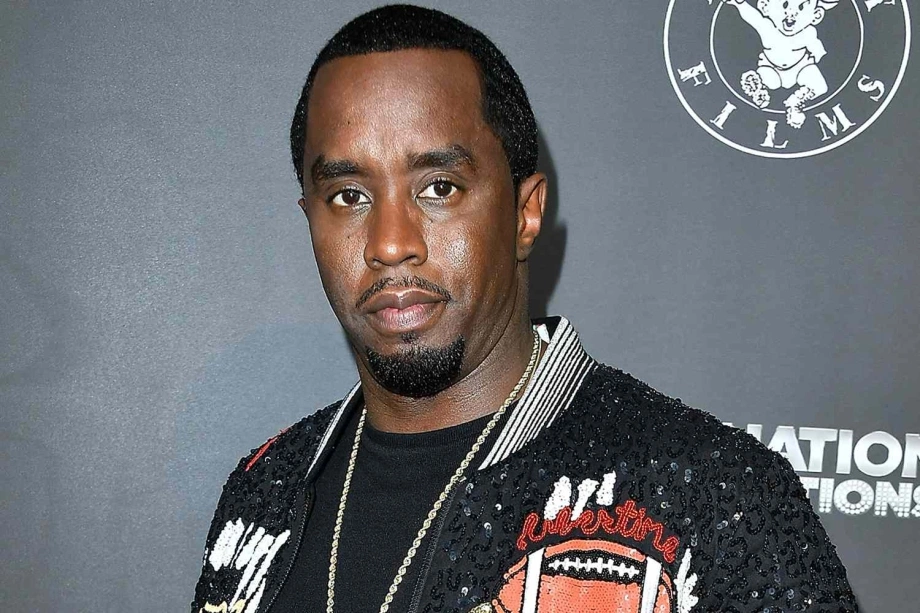One of the most disturbing problems in our world today is human trafficking, particularly the exploitation of children. The fight against this heinous crime requires urgent attention, awareness, and collective action. With the recent emergence of the film Sound of Freedom, the issue has been thrust into the spotlight, but this is just the beginning. The first step in eradicating this crime is raising awareness, and voices like Mel Gibson’s are crucial in this fight.

Mel Gibson has recently come forward with shocking truths about Diddy, suggesting a troubling connection that further complicates the narrative surrounding the entertainment industry. While Gibson is not without his own controversies—he has faced his share of demons—he has remained committed to exposing the dark underbelly of Hollywood, particularly the trafficking of vulnerable children. His willingness to speak out has cost him dearly; he was effectively blacklisted from the industry. However, as the truth begins to surface, it appears that his fight was worth it.

So what exactly did Gibson reveal? Did he really expose Diddy’s secret footage? According to reports, Gibson’s allegations paint a grim picture of exploitation and secrecy within the industry. He has long been vocal about the predatory behavior that lurks beneath the glitzy surface of Hollywood, shedding light on the dark side that many prefer to ignore. This isn’t just a theoretical problem; it’s a reality that demands our attention and action.
The conversation gained traction when Gibson publicly endorsed Sound of Freedom, a film based on the true story of a former government agent turned vigilante. The film depicts the harrowing journey to rescue hundreds of children from human traffickers. Many praised the movie for highlighting a global crisis, but actor Jim Caviezel, who played the lead, also pointed out that Hollywood itself is not innocent. He noted that exploitation occurs within the very industry that claims to raise awareness.

At a recent screening in Las Vegas, Caviezel witnessed firsthand the emotional reactions of the audience as they engaged with the film’s subject matter. During discussions, the mention of Epstein Island sparked profound conversations about the depth of the problem, suggesting that it’s not an isolated incident but part of a much larger issue. The shadows of exploitation extend far beyond a single location.
Caviezel, known for his role in The Passion of the Christ, has also claimed that there is a shadowy international network of prominent political figures and elites involved in the kidnapping and trafficking of children. His statements, while controversial, underscore a growing concern that the problem isn’t just a conspiracy; it is a stark reality affecting countless lives. As he emphasized, the threat to children today is pervasive, manifesting in laws and policies that seem designed to undermine their safety and well-being.
Gibson’s return to the forefront of this conversation is critical. He has called upon people of faith, particularly Christians, to unite against these injustices. He argues that when individuals are called to action by their faith, they must respond without hesitation. This call to action is vital, as it emphasizes the importance of community involvement in tackling the scourge of trafficking.

In a world where children are increasingly vulnerable, it is essential for society to come together to fight for their protection. This fight requires not only awareness but also tangible actions from individuals and communities. As the dialogue around trafficking continues to evolve, we must remember the faces behind the statistics. Each child is a life worth fighting for, and their stories deserve to be heard.
